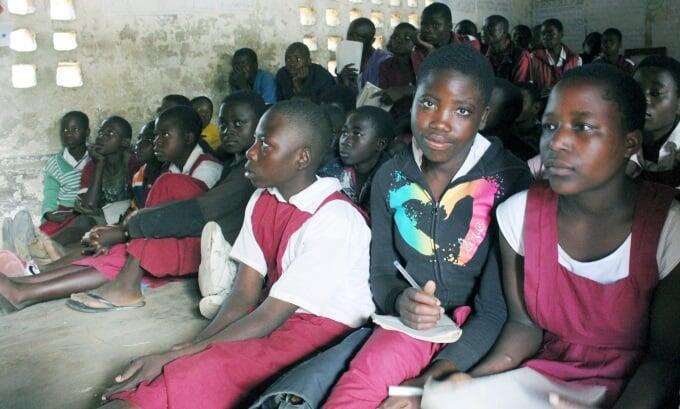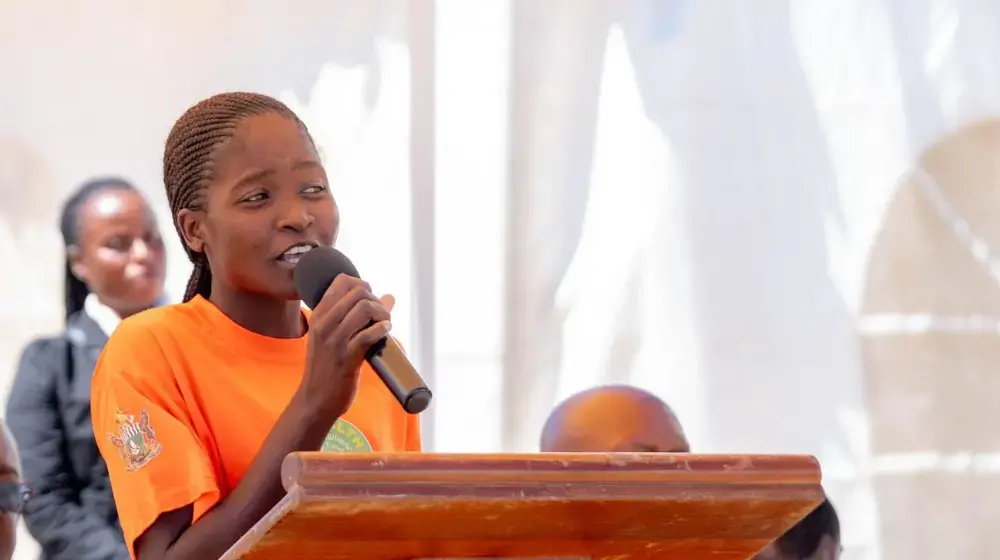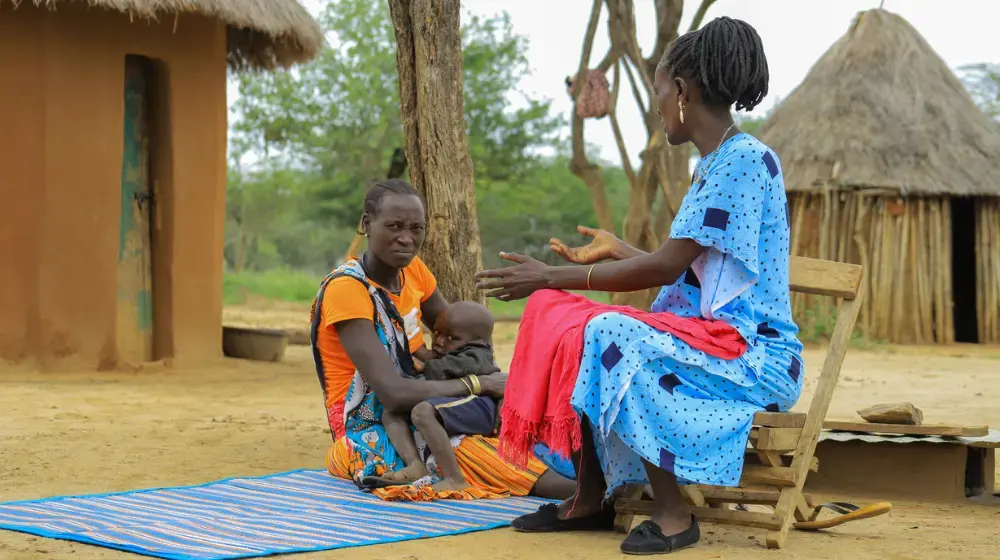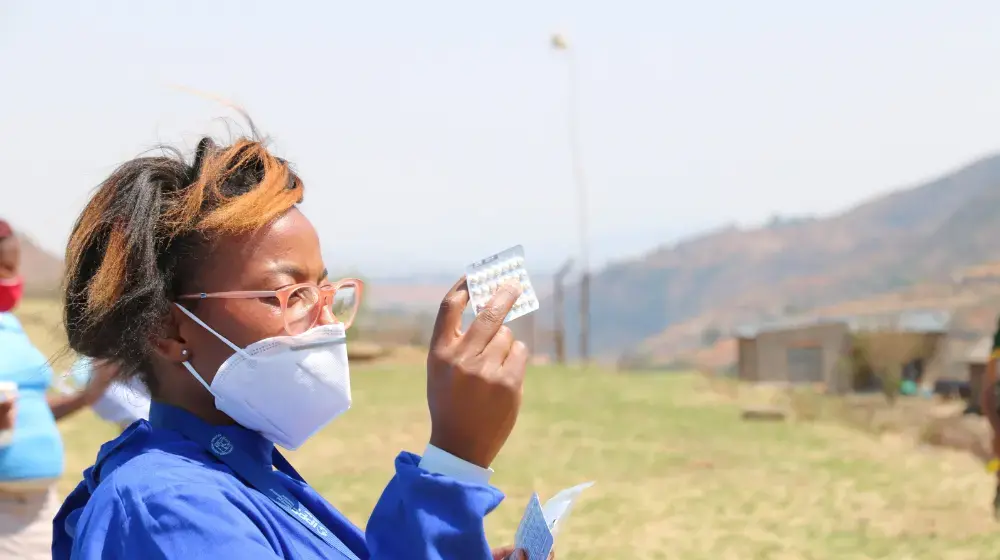DEDZA, Malawi, 2 July — UNFPA Malawi has embarked on a joint UN programme that aims to address key threats to girls’ education, including violations of their sexual and reproductive rights. The programme , Improving Access and Quality of Education for Girls in Malawi, was launched by Norwegian Prime Minister Erna Solberg.
The joint initiative will run for three years and includes the involvement of WFP and UNICEF. The Norwegian Government has provided a grant of US$17,162,991, which will be supplemented annually by an estimated US$40 million, which is the total amount that all three agencies will contribute to the country’s education sector.
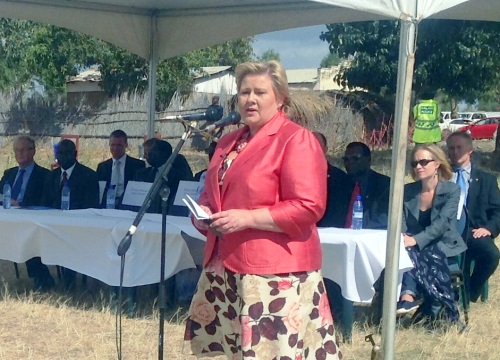
Girls in Malawi continue to face a myriad of interrelated challenges in attaining quality education, ranging from social, economic, security and health challenges, according to UNFPA Malawi Reproductive Health Officer Jean Mwandira.
The objectives of the programme include increased access to ‘second chance’ education for girls who have dropped out of school; improved school sanitation; quality integrated youth-friendly services, resources and structures; addressing sexual and reproductive health and rights (SRHR), HIV & AIDS and gender-based violence for both in- and out-of-school girls; reduction of violence against girls in targeted schools and communities; and effective referral pathways.
“The many negative educational outcomes for girls are a result of complex contextual factors such as poverty, hunger, cultural practices, lack of proper school sanitation facilities, gender-based violence at both school and community level, negative attitudes and behaviours of boys, men, parents, teachers and other community members towards girls’ education; as well negative attitudes and behaviours of the girls themselves. This new programme will help us to work on tackling these problems,” said Ms. Mwandira. “We will also work towards guaranteeing adolescent girls are informed and empowered to demand SRHR services, report gender-based violence, and participate in and take on leadership positions within the school and the community.”
The programme also aims to ensure that girls and boys in targeted schools are well nourished and able to stay in school.
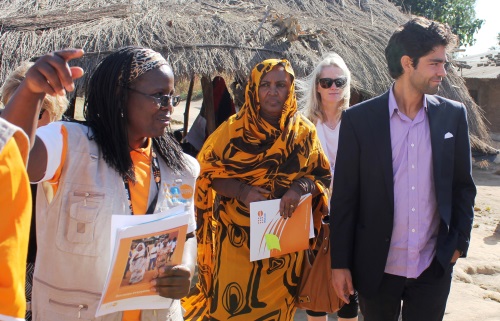
“This intervention is inter-sectoral in nature and recognizes the myriad issues that have an impact on girls’ access to education and their ability to complete it,” said Ms. Mwandira. “It focuses on schools as the entry point where the relevant UN agencies are able to apply their technical expertise and leverage change to the greatest extent, as compared to the home where children also spend much of their time.”
Speaking at the launch of the programme, UNFPA Malawi Acting Representative Dr. Rogaia Abdelrahim said that through the new programme the Country Office would facilitate the delivery of an evidence-based, quality life skills-based comprehensive sexuality education for in- and out-of-school young people, especially adolescent girls.
“Available evidence shows that many girls in Malawi, and Africa as a whole, drop out of school for reasons relating to sexual and reproductive health. Half of Malawian adolescents are married before their nineteenth birthday. Addressing these challenges has been shown to be one of the strongest factors in getting girls to come back to and stay in school,” said Dr. Abdelrahim.
Norway’s Prime Minister, Erna Solberg, who is an advocate for the MDGs, said one of the keys to eradicating poverty is prioritizing girl education, and this is why her government was assisting Malawi in this sector.
Girls are among the most marginalized in society and as such, they meet with a number of challenges that make it difficult for them to attain an education, she said. This programme would bring initiatives that aim to keep girls in school and would sensitize communities on the benefits of education, particularly for girls.
Ms. Solberg was accompanied at the launch by Hollywood movie star Adrian Grenier, who advocated for girls to stay in school so that they could help develop their countries.
~ Pilirani Semu-Banda

